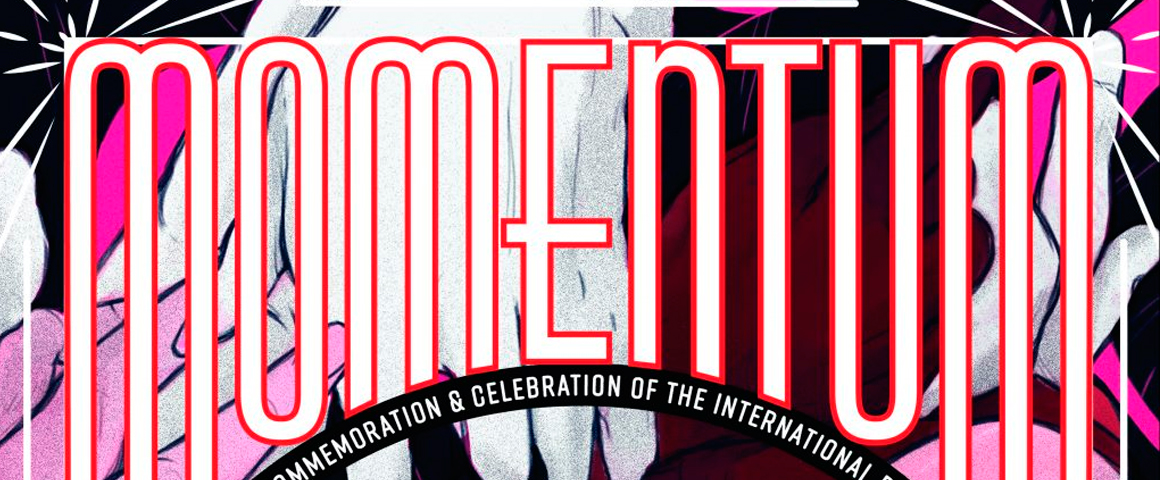On December 1, 2017 Hamilton played host to the first Disability Justice “UnConference,” to celebrate and commemorate the International Day of People with Disabilities. The event, called “Momentum,” provided space for activists, community members, academics and service providers from across Ontario and beyond, to gather for discussion, networking and presentations. Organizers selected Hamilton, in part, because the city has the highest proportion of people with disabilities in Ontario yet remains extremely underserviced.
The UnConference brought together people with disabilities from a range of experiences, ages and backgrounds. Instead of listening to studies or proposals from people without disabilities, such as politicians, Momentum was focused on sharing the knowledge, needs and priorities of people with disabilities. This allowed the event to explore a range of topics including the limitations of accessibility-based legislation, people’s experiences of violence, connections between ableism and other oppressions like racism and sexism, and the history of the disability justice movement.
People with disabilities experience very high levels of violence, and this is even worse for people who are racialized, women or gender oppressed. Statistics show that across Canada, 83% of women with disabilities are sexually assaulted at least once. People with disabilities also suffer higher rates of poverty, experience high levels of police brutality, and are far more likely to have their children removed from their care and custody.
Accompanying the resurgence of fascist and reactionary organizing has been an increase in eugenics-related discourse, including suggestions that people with disabilities should be sterilized.
For many people, including disability activist and Momentum organizer Sarah Jama, one of the important messages from Momentum is about the difference between accessibility and justice.
Most government legislation in Ontario is focused on accessibility, which is a limited approach that emerges directly from the priorities of capitalist society. As Jama notes, “Accessibility is generally aimed at facilitating productivity and consumerism among people with disabilities. Capitalism places a value on people who produce and consume, but what about someone whose disability prevents them from working?” Jama points out that this approach manifests itself in many ways, including the tendency for advocacy organizations to use spokespersons “who are all too often white and cis, and rarely people whose disability makes it more difficult for them to communicate.”
Outcomes of Momentum included a commitment to making it an annual event and developing concrete ways to connect and engage activists from different communities. Jama identifies Crip the Vote as one such initiative.
Crip the Vote is a grassroots campaign that originated in the United States, to engage political discussion about disability issues and to force these issues into the mainstream. The campaign specifically encourages people with disabilities to engage with all levels of politics, in their role as voters, advocates, or candidates. Participants in Momentum are mobilizing Crip the Vote in preparation for the June 2018 provincial election and are committed to engaging this campaign beyond voting periods.
Jama also says that Momentum helped put energy into the idea for a new provincial disability justice movement. The emerging Disability Justice Network of Ontario (DJNO) will pick up many of the themes from the UnConference and help facilitate ongoing mobilizing on a province-wide level. The DJNO is specifically approaching disability justice through a lens that focuses on racialization and sexism.
In a province where the government is firmly wedded to an austerity and privatization agenda, efforts like the Momentum UnConference and the Disability Justice Network of Ontario are an important part of the progressive movement and deserve the strongest support.




